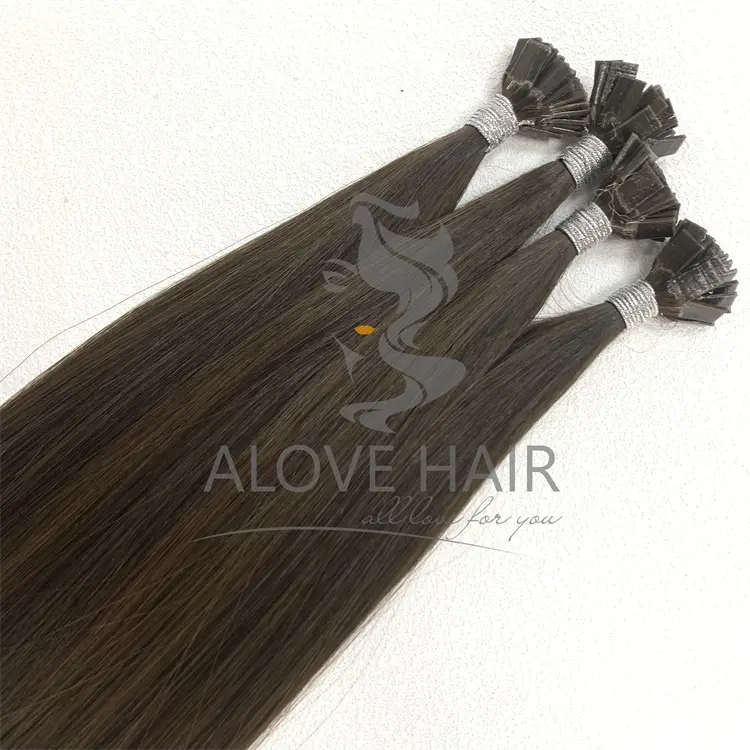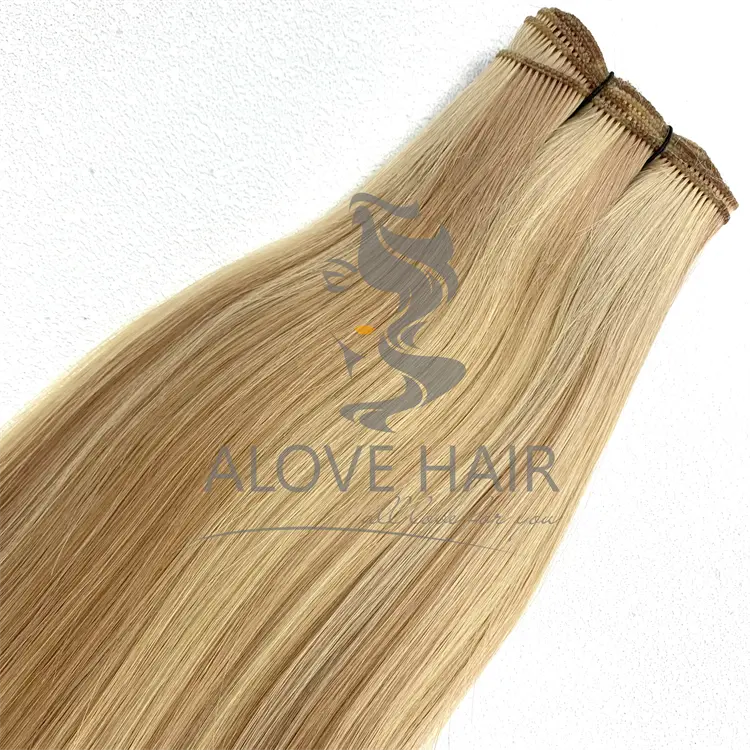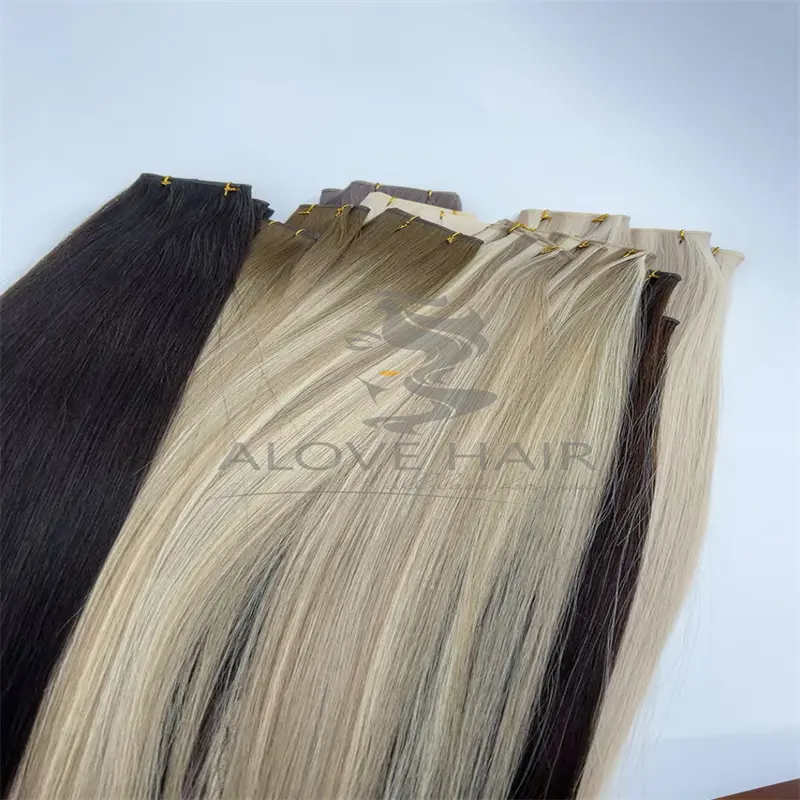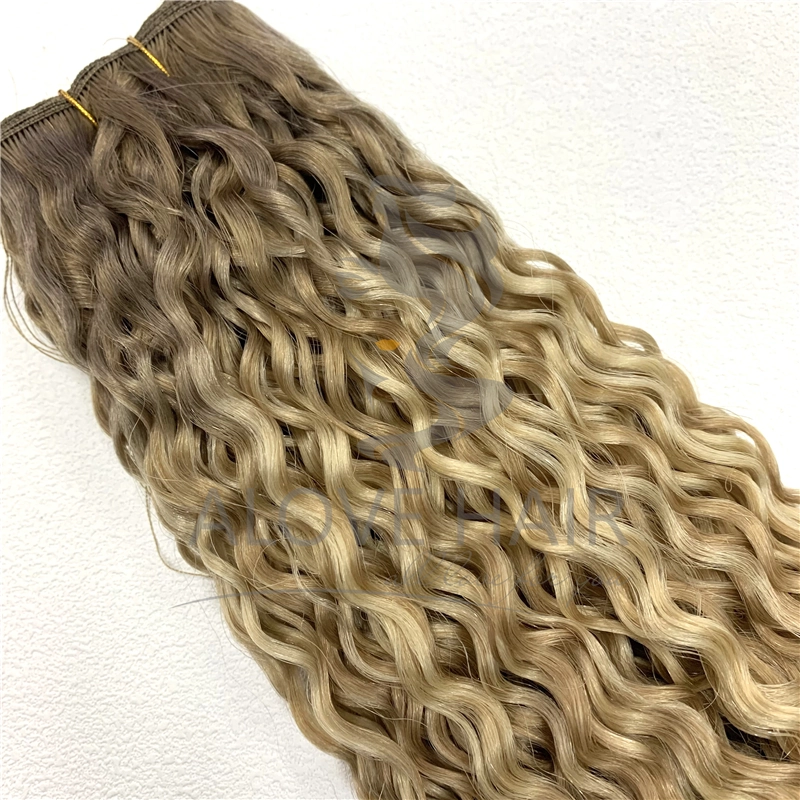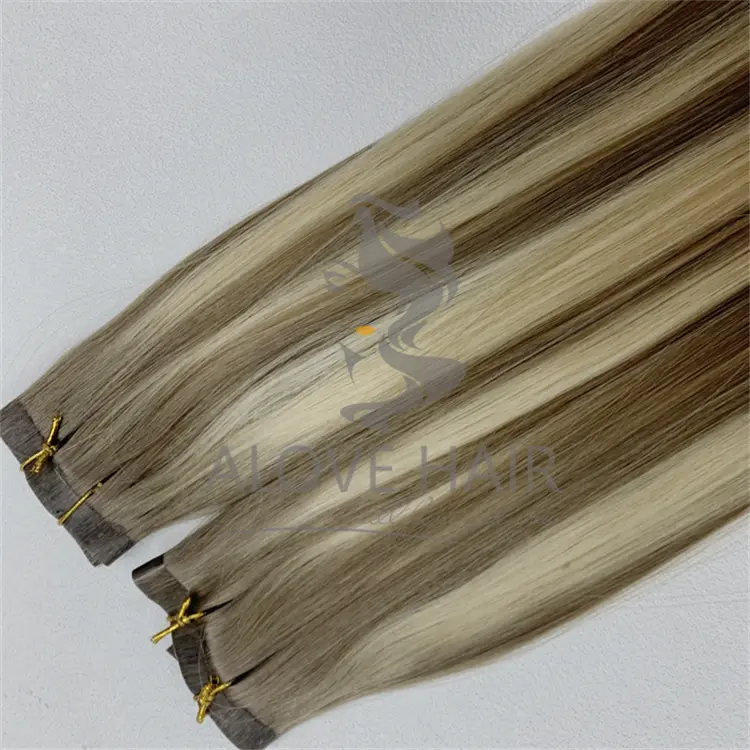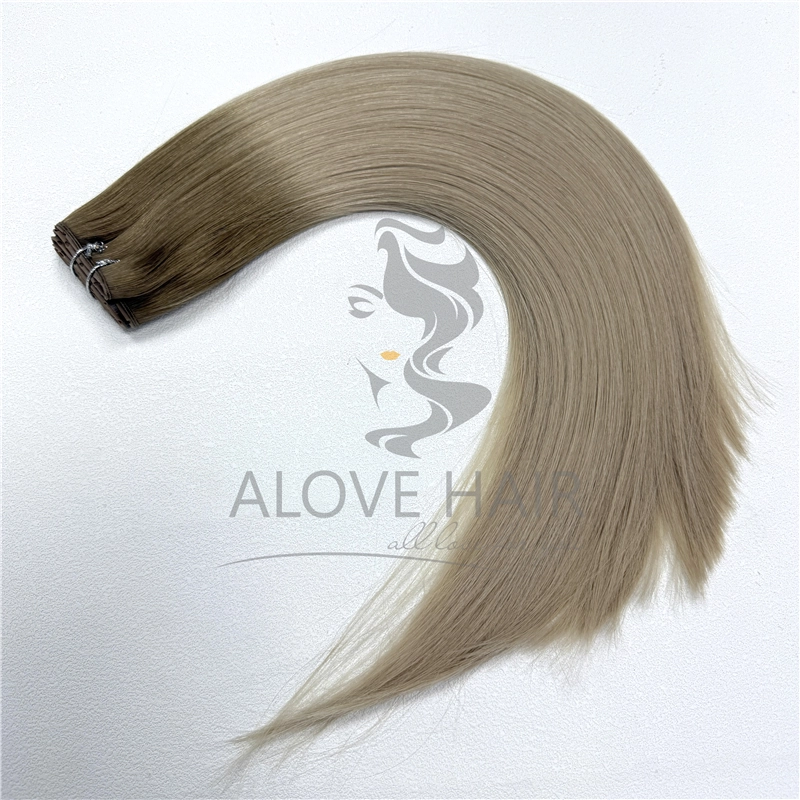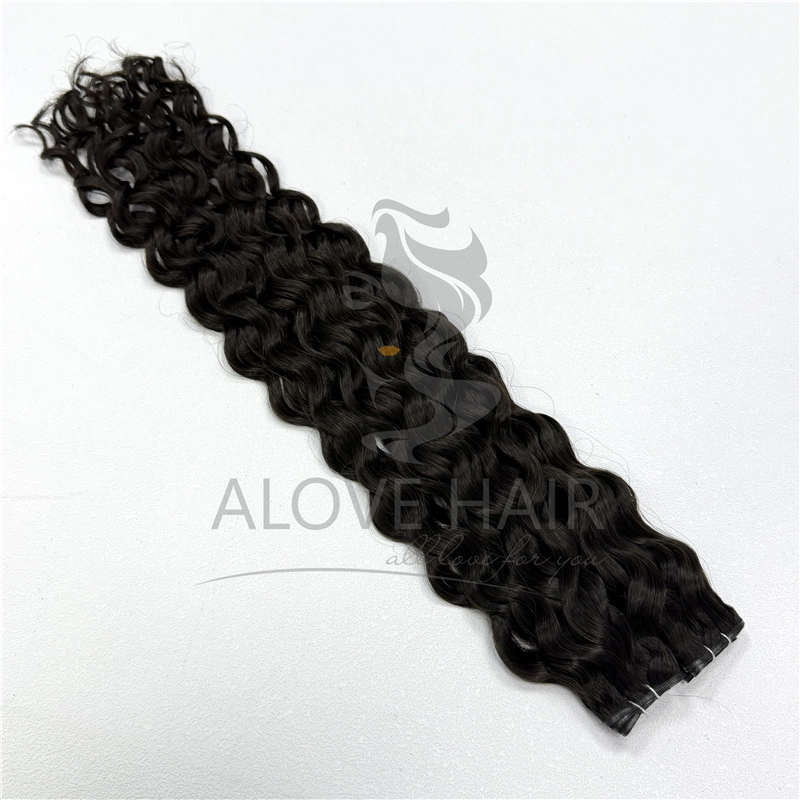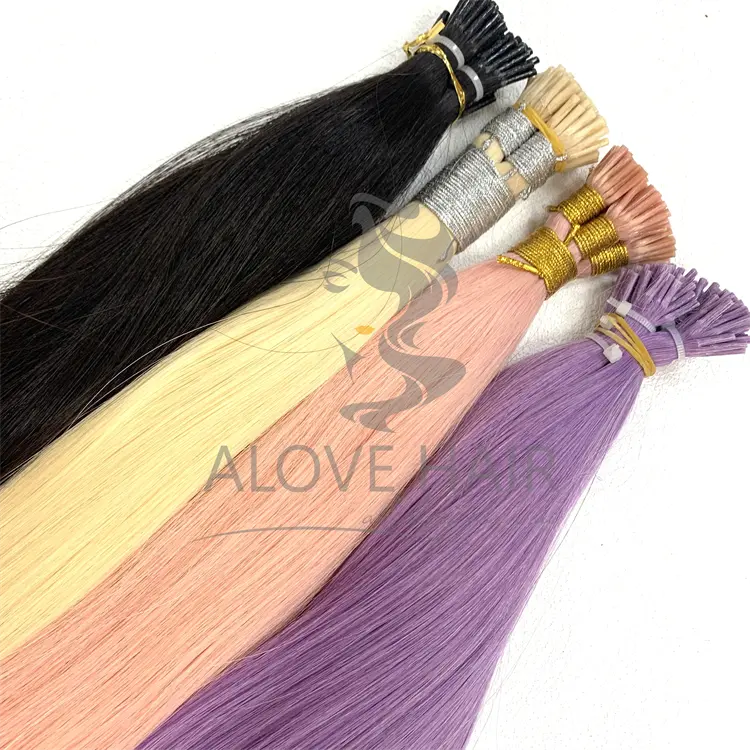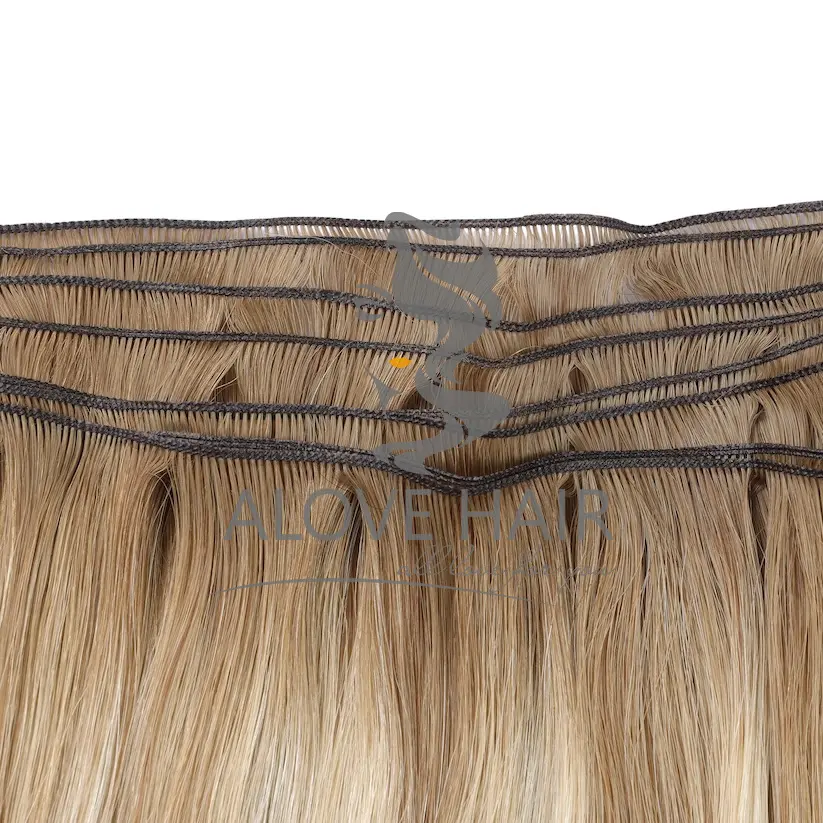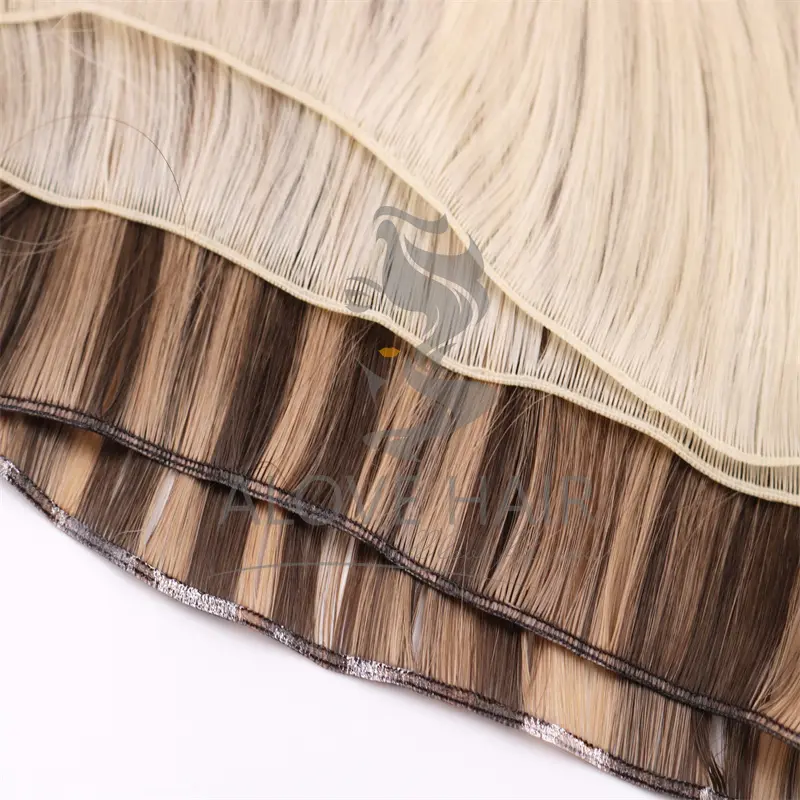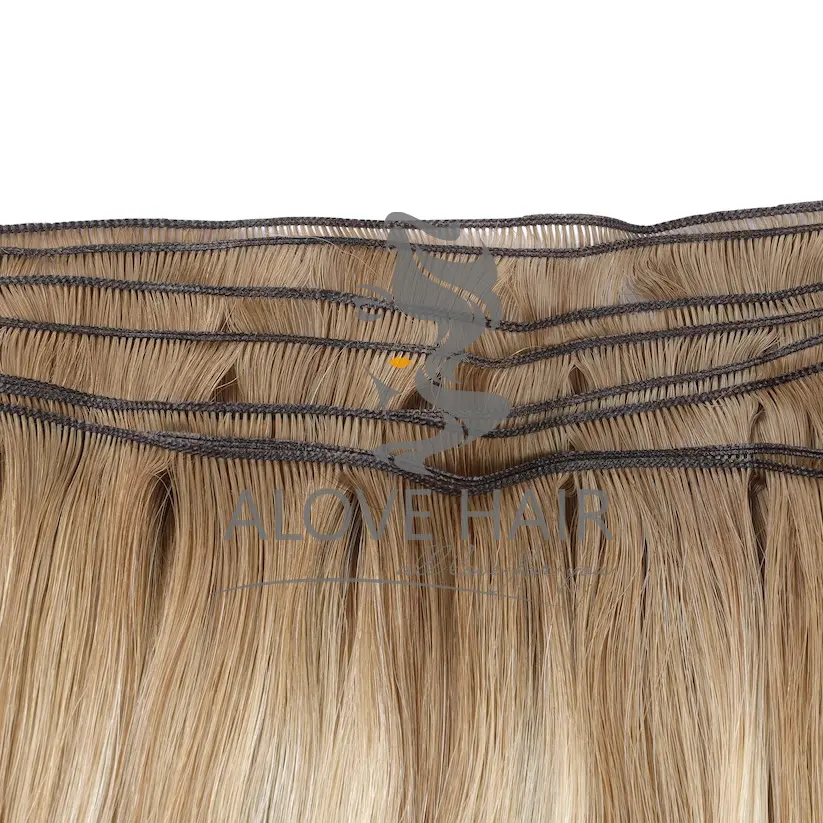When it comes to achieving longer, thicker, and more voluminous hair, tape hair extensions have become one of the most popular semi-permanent solutions. They are known for their natural appearance, quick installation, and reusability — making them a top choice among both salon professionals and everyday users. However, like any beauty product, they come with both advantages and disadvantages.
This article provides a complete guide to the pros and cons of tape hair extensions, helping you make an informed decision before investing in them.
1. What Are Tape Hair Extensions?
Tape hair extensions are pre-taped wefts of human or synthetic hair, applied to your natural hair using medical-grade adhesive tape. Each weft is usually 1 to 1.5 inches wide and is “sandwiched” between sections of your own hair. The process is fast, safe, and non-damaging when done professionally.
Tape extensions can be made of:
100% Remy human hair (premium, natural look)
Synthetic fibers (budget-friendly alternative)
They typically last 6–8 weeks per installation and can be reused up to 3–4 times with proper care and retaping.These are products we have already released; you can click to learn more.
Human hair factory store double drawn tape hair extensions, Can the duration of wear provide insight into the article we've written?
How Long Do Tape-In Extensions Last?
2. Pros of Tape Hair Extensions
✅ 1. Quick and Easy Installation
One of the biggest advantages is speed. A full head of tape extensions can be installed in under 60 minutes. This makes them ideal for busy clients or stylists managing multiple appointments per day.
✅ 2. Lightweight and Comfortable
Because the tape wefts are thin and flexible, they sit flat against the scalp, making them lightweight and comfortable to wear — unlike bulky clip-ins or glue extensions.
✅ 3. Natural Look and Feel
Tape extensions blend seamlessly with your natural hair, especially when made from Remy human hair. The result is a smooth, invisible finish, even when styled in updos or ponytails.
✅ 4. Reusable and Cost-Effective
With proper maintenance, you can reuse the same set of tape extensions multiple times. After each cycle, you just need to replace the adhesive tape — significantly reducing long-term costs.
✅ 5. Low Damage to Natural Hair
Unlike sew-in weaves or bonding methods, tape hair extensions don’t require heat or chemicals. When applied and removed correctly, they do not damage your natural hair.
✅ 6. Suitable for Fine or Thin Hair
Because the tapes distribute weight evenly, they’re perfect for clients with fine or thinning hair, offering volume without stress on the roots.
3. Cons of Tape Hair Extensions
1. Regular Maintenance Required
Tape extensions need to be reinstalled every 6–8 weeks, as your natural hair grows and pushes the tapes downward. Skipping maintenance may lead to tangling or slippage.
2. Can Be Damaged by Oils and Conditioners
Oil-based hair products and conditioners can weaken the adhesive holding the tapes in place, causing them to slip. You’ll need to use sulfate-free, extension-safe shampoos and apply conditioners only on mid-lengths and ends.
3. Limited Styling Options
High-heat styling and tight hairstyles (like high ponytails) can stress the tapes. While light curling and straightening are fine, excessive heat near the roots should be avoided.
4. May Feel Sticky During Hot Weather
In humid climates or after heavy workouts, sweat and heat can slightly loosen the adhesive, making the tapes feel sticky or slippery.
5. Not Ideal for Very Short Hair
For the best results, your natural hair should be at least shoulder length. Very short hair can make it difficult to hide the wefts naturally.
4. How to Care for Tape Hair Extensions
To extend their lifespan and maintain their beauty, follow these simple steps:
Wait 48 hours before washing your hair after installation.
Use sulfate-free shampoo and conditioner to protect the adhesive.
Avoid applying oil or conditioner near the roots.
Brush gently with a loop brush or wide-tooth comb to prevent tangles.
Dry thoroughly after washing — avoid sleeping with wet hair.
Schedule regular maintenance every 6–8 weeks for re-taping.
With proper care, high-quality tape hair extensions can last up to 6 months or more.
5. How Much Do Tape Hair Extensions Cost?
The price depends on length, quality, and brand, but here’s a general range:
| Type | Average Price (USD) | Lifespan |
|---|---|---|
| Synthetic Tape Hair | $50 – $120 per full head | 4–6 weeks |
| Remy Human Hair | $150 – $350 per full head | 6–8 weeks (reusable) |
| Premium Double-Drawn Hair | $400 – $600 per full head | Up to 12 months (reusable) |
Professional salon installation costs around $100–$200, depending on location and stylist experience.
6. Who Should Choose Tape Hair Extensions?
Tape hair extensions are perfect for:
Women who want semi-permanent length and volume without daily clip-ins.
Clients with fine, thin, or fragile hair seeking a gentle extension method.
Busy individuals looking for a quick installation process.
Anyone wanting a natural, seamless look that’s easy to maintain.
However, if you prefer low-maintenance, clip-in extensions might be a better choice.
7. Final Verdict: Are Tape Hair Extensions Worth It?
Yes — absolutely!
If installed and maintained correctly, tape hair extensions are among the most comfortable, natural-looking, and cost-effective options available today.
They offer a beautiful transformation without damaging your natural hair. The only trade-off is regular maintenance and careful product selection. For many, that’s a small price to pay for months of stunning, voluminous hair.
When choosing a supplier or salon, always look for:
100% Remy human hair quality
Professional-grade adhesive tapes
Experienced stylists for installation and removal
✅ Key Takeaway
Tape hair extensions offer the perfect blend of style, comfort, and versatility. They’re ideal for those who want longer, fuller hair that looks natural and moves like their own. Just remember: the quality of your extensions — and how you care for them — determines how good they’ll look and how long they’ll last.
